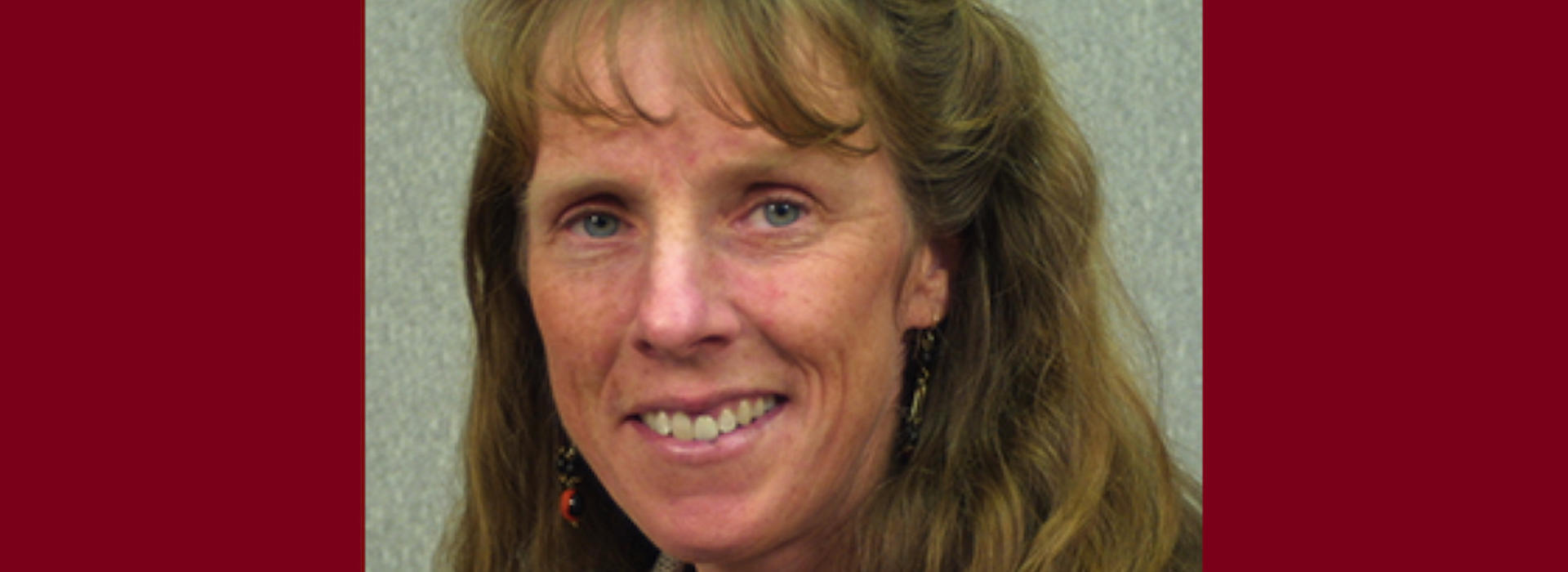
Dr. Jennifer Pearson, ’93, Shares Why She Chose Academic Medicine
What is your main research focus?
I don't have just one focus. My scholarship has been done in tandem with components of the curriculum within which I've been involved, that also supports the mission of the University of Minnesota Medical School. One example of the scholarship arena includes the Healer's Art, a course initially conceived by Dr. Rachel Remen at the University of California San Francisco, which I began at the U of M Medical School, Duluth Campus in 2003. The class explores and fosters the art of the practice of medicine; the need for obstetrical care in rural areas as well as education and mentoring that supports family practice physicians who include obstetrics in their practice.
How would you describe your advancement to associate professor?
All of us who are clinical faculty at the Medical School, Duluth Campus have a broad scope of what we teach and thus what we're involved with for scholarly and other work, not unlike the broad-spectrum family medicine practices for which we're preparing our students. It is difficult, given all that we need to do to support our campus’ mission, to have the narrow focus that many universities look for in research or dossiers. I am heartened that the University of Minnesota chose to recognize my work, which like many of my colleagues, aligns with and supports our campus' mission.
What do you like best about teaching?
I love working with medical students - they are why I do what I do. For the most part, they are motivated and enthusiastic to be where they're at and are sincerely seeking training that will allow them to care for and serve others in the future. Since medicine has a reputation for burnout, I see one of my roles as helping students recognize the permission and need to care for themselves in this profession as they ready themselves to care for others throughout their future.
What advice would you share with fellow alumni seeking positions in higher education?
Education is a parallel universe to clinical practice but needs a grounded understanding in what exists on the front line. If you're at all inclined, do it! It is rewarding in a different way than clinical practice.
How about advice for women in medicine wishing to advance as faculty members?
It's a jungle gym; just like life with ups, downs and sometimes unexpected twists and turns. Care for yourself and whoever is under your roof, understand the rules of advancement and do your best to keep chipping away at the work you feel most passionate about. Over time, the strength of your own narrative will find its light.
Circling back to your origin story, it is often inspiring to hear how someone began their career journey. Are you originally from Duluth?
I claim Duluth as my home. My family moved here when I was in middle school, and I graduated from high school here. I left for some years and came back for my first two years of medical school, and left again for some years and eventually returned with my husband and young family.
What drew you to the U of M Medical School, Duluth Campus?
The mission and culture of the school!
Tell me about your past work experience.
After residency, I joined Physicians Plus Medical Group and worked in a broad-scope family medicine practice in McFarland, Wis., a small community outside of Madison. After some years there, my husband and I moved back to Duluth where I took a family medicine practice at the then SMDC Hermantown Clinic which included a variety of focused aspects. After some years there, I decided to begin teaching at the Medical School. I jokingly say I came "through the back door" first doing a limited amount of teaching but expanding my work at the Medical School through the years since then.
What do you like about your work?
I love working with the students, I have great colleagues to work alongside and I believe strongly in the mission of the school and what we collectively do. It takes a village to produce future family doctors to serve rural and Native communities, a greatly needed segment of the healthcare workforce for our region and beyond.
Challenges?
Over the last year or so, pivoting quickly to a virtual covid-affected reality amidst big changes in leadership, constitution and curriculum.
Anything else that you would like alumni to know about your experiences?
I am very grateful to the visionaries who started this school more than 40 years ago, as well as the many faculty who've spent the majority of their careers making it what it is. The map of healthcare being provided in our region would not be the same without the U of M Medical School, Duluth Campus. It takes a village, and I'm very grateful to be part of this village.